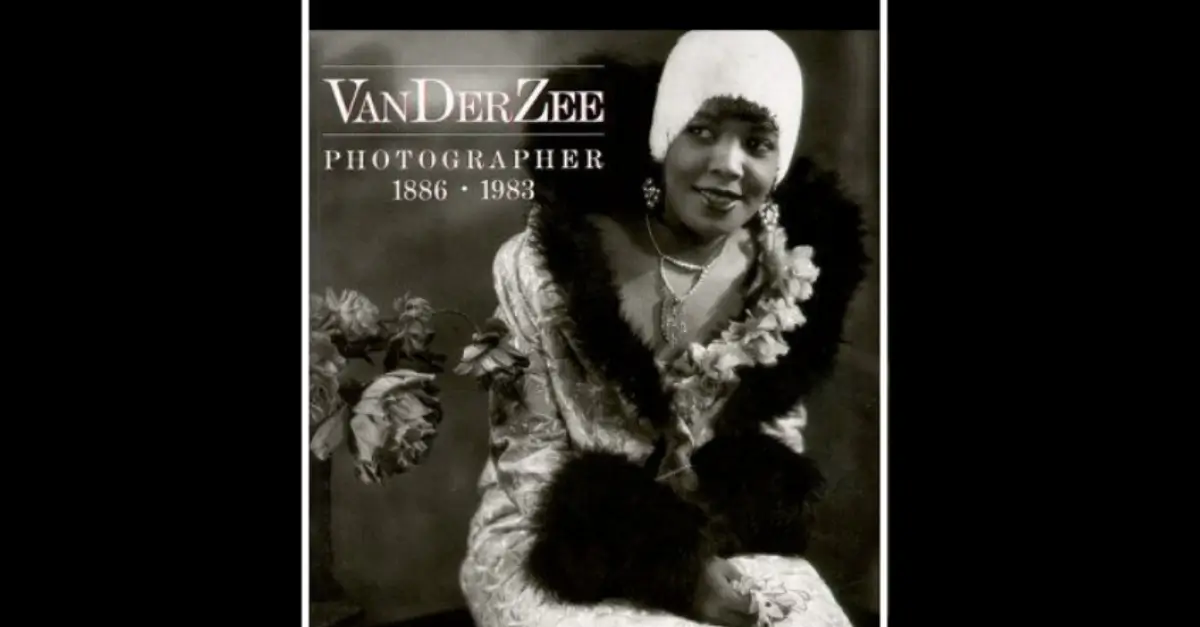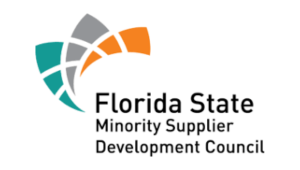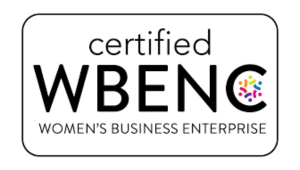I believe I was destined to be a liberal arts student in college at a relatively early age,13 years or so in junior high school. There was no History Channel or National Geographic channel in those days, but there were past issues of National Geographic magazine, as well as the World Book Encyclopedia (remember those? if not, ask your parents!)
Social studies was by far my favorite class in school and required reading in English class such as; Jack London’s The Call of the Wild, James Fenimore Cooper’s The Last of the Mohicans, and To Kill a Mockingbird by Harper Lee were consumed long before they were due in class.
Studying History in College
Following high school graduation, I attended Cornell University College of Arts & Sciences and pursued a double concentration in Government and History. At that time, The Arts & Sciences College at Cornell taught courses on Ancient History including Roman and Greek Civilizations, and courses reflecting the history of Western civilization – Western civilization, sometimes equated with Western culture, Occidental culture, the Western world, Western society, is the heritage of social norms, ethical values, traditional customs, belief systems, political systems, artifacts and technologies of the Western world. In simpler terms, White American history and culture. There were courses taught on African or Black American history….ancient history deserved to be taught, but Black history belonged somewhere else.
Fortunately, at Cornell, Arts & Sciences students may pursue elective courses at any of the other excellent Colleges and round out your academic interests and overall university education. To get some Black history, I and many other Black students from the various Cornell colleges, took the student bus or walked through the snow usually, or took the student bus up to 312 Triphammer Road on-campus where stood the Cornell University Africana Studies & Research Center.
Cornell University Africana Studies & Research Center
In 1969, and in the wake of the historic, student-led takeover of Willard Straight Hall on campus, the Africana Studies & Research Center (ASRC) at Cornell University became the birthplace of the field of Africana studies. At the same time, like San Francisco State University, it represented one of the nation’s earliest departments established in Black studies.
Since its origination at Cornell, the field of Africana studies has been increasingly embraced and universalized as a discipline in academic programs and departments at colleges and universities around the nation. That is to say, many programs and departments have increasingly adopted the name “Africana” to signal their investments in interdisciplinary methodologies and in examining blackness comparatively in global and diaspora perspectives.
At the time, “The Africana Center” as it was called by Black students wasn’t just a place to learn about Black history, it was a place within an overwhelmingly White campus culture, to experience classes with 99% Black students, the only Black professors, I had at Cornell over four years. It was the first place I was ever taught Black history in a formal, academic environment. I couldn’t imagine at my graduation, or can’t imagine now decades later, not augmenting my wonderful College of Arts & Sciences education with the African, African-American, and Caribbean diaspora studies at the Africana Studies & Research Center.
Before transitioning from my Cornell University reflections to the topic of this post, I must highlight the two most important accomplishments at Cornell:
- Second in importance: I pledged and “crossed the burning sands” earned brotherhood into Alpha Phi Alpha, Alpha Chapter. Alpha Phi Alpha Fraternity, Inc. is the first intercollegiate historically African American fraternity. It was initially a literary and social studies club organized in the 1905–1906 school year at Cornell University but later evolved into a fraternity with a founding date of December 4, 1906. I was honored to be elected Official Historian of Alpha Chapter in my senior year.
- By far my greatest accomplishment occurred early in my junior year when during orientation I met an intelligent, funny, petite, brown-skinned, brown-eyed freshman, a young lady from Shaker Heights, a suburb of Cleveland, OH. We dated my last two years on campus, long-distance for seven years longer, before getting married. We’ll celebrate our 34th anniversary this August, and after all this time, she’s now my boss, Inclusive Leaders Group CEO Charlotte F. Hughes!
Does Your DEI Training Include Black History & Culture?
Now, back to the matter at hand. When speaking with White people about what I do for a living; DEI training and consulting, some friends, strangers, and prospective clients…often make statements or raise questions like:
- “I’ve heard that unconscious bias training doesn’t work, I don’t understand why my company is doing this”
- “Everyone here is treated equally, we don’t see color here.”
- “When will we stop hearing “Black Lives Matter”, its enough already!”
My well-intentioned White friends and the prospective clients that express these thoughts and feelings share the same condition as SC Senator Lindsey Graham who said on TV news recently that systemic racism doesn’t exist in the U.S.
The vast majority of White employees in U.S. workplaces, from individual contributors with a GED to C-Level executives with multiple PhDs, are ignorant about Black history and culture. They’re not educated and informed enough to evaluate issues like race, racial equality, racial equity, or even the value of diversity & inclusion to their company’s business goals. It has taken the tragic killing of George Floyd and several other Black people and the global protests driven by Black Lives Matter in the U.S. to get corporate CEOs to make DEI a strategic priority.
However, many Culture and DEI experts believe a lasting change in corporate attitudes about racial justice and race equity will only occur if White people at all levels of an organization, learn about Black history and culture. DEI initiatives to disrupt unconscious bias, reduce microaggressions, promote allyship & belonging, and develop inclusive leaders will be improved by including Black history and culture education.
What White (& BIPOC) People Need To Know About Black History
Last year Forbes published a great article What White People Need To Know About Black History. I enjoyed the article but thought to myself, “Black people don’t know any more than White people about much of Black history!” As Blacks, we have the anecdotal history from our parents, grandparents, and other family elders, but the history is just that…anecdotal, reflecting our relative’s personal experiences, not the broader history of our people.
Recently, thanks to my friends and fellow DEI devotees, Rachel Simon, and Dan Roth who invited me to a recent Zoom chat where I met an inspirational and insightful new friend who opened my eyes even further into the importance of Black history and culture within an organizational DEI educational and training curriculum.
Elizabeth Leiba is originally from London, England, but was raised in Fort Lauderdale, FL, and attended a high school that is still more than 90% Black and earned a full academic scholarship to attend the University of Florida to study journalism. Elizabeth is a co-host for The EdUp Experience Podcast and is a LinkedIn Top Voice & Coach on DEI and Black history and culture. We learned about one of her latest ventures – Black History & Culture Academy.
Black History & Culture Academy
The mission of Black History & Culture Academy is to educate and empower individuals seeking foundational knowledge in Black history and culture. Highlights include:
- 20+ courses focused on: African American history and culture, Diversity, Equity & Inclusion, and African history and culture
- A modular asynchronous, self-paced online course delivery with subscription-based, unlimited access, discussion forums, and certificates of completion available
- A student-centered learning environment with optional synchronous one-on-one coaching
Following meeting Elizabeth, Charlotte and I visited Black History & Culture Academy and checked it out and immediately noticed a few courses that we and our clients can benefit from right now:
- African American History: Beginnings to Reconstruction
- Why Are All the Black Kids Sitting Together in the Cafeteria?
- Black Massacres: Racial Violence in America
- How to Be an Ally in the Fight for Social Justice
If you aren’t already doing so, listen and engage Elizabeth on LinkedIn and subscribe to The Black History & Culture Academy Unlimited Access Discounted Yearly Plan that offers unlimited access to all courses. Upgrade your employee DEI training with this unique content…Inclusive Leaders Group will be for sure, as I subscribed before I logged off.

Brian L. Hughes is Co-founder and Chief Strategy Officer of Inclusive Leaders Group, LLC, and focuses on expanding the firm’s offerings by delivering thought leadership and developing proprietary content, and he keeps the consulting team abreast of industry insights and trends. In addition, he is co-host of The INCLUSIVE ENTERPRISE Podcast that features transformational interviews as well as actionable tips and strategies that corporate leaders can implement in their workplaces and careers, to drive profitable growth through diversity, equity, inclusion, and belonging.








